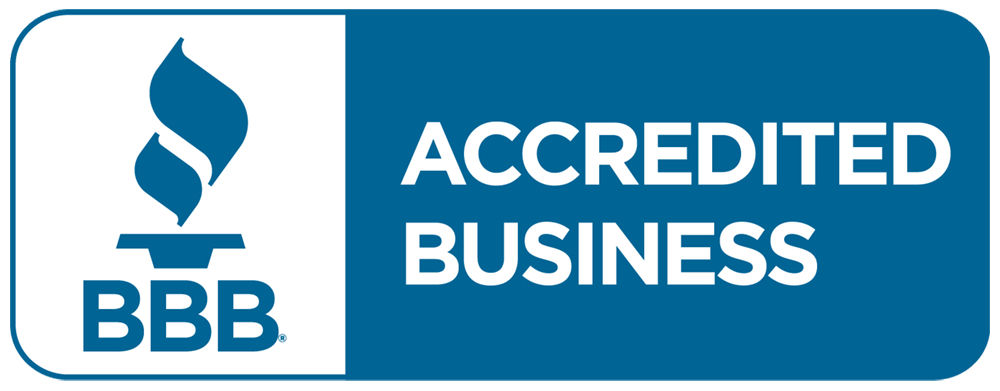If Texas residents who end their marriages in court were to name the key factors that led to their break-ups, answers would undoubtedly vary. However, there does seem to be a common denominator in many divorces. Lots of people say their martial declines began right around the same times they suffered financial problems, as if the two things went hand-in-hand. Others say their financial struggles arose during divorce proceedings or after the court issued decrees.
In either of these cases, facing serious financial debt before, during or after a marital breakdown can make stress levels soar. Such situations also prompt a lot of decision-making. If you’re in a similar situation, the following ideas may help bring clarity and provide information that gives you access to financial and family law support as well.
A few facts regarding bankruptcy and divorce
No two marriages (or divorces) are exactly the same. Job loss, medical emergencies and other types of extenuating circumstances can place undue hardship on families that seems nearly impossible to overcome. One of the following situations may apply to your current state-in-life:
During divorce proceedings, large numbers of people face unemployment or exorbitant medical expenses that land them in worse financial shape after divorce than prior to it.
Post divorce expenses also lead to financial disaster for many people. Having to pay child support or spousal support on a single income proves far too difficult in many situations.
Some people fail to realize that marital debts are shared in community property states; just marital property is split 50/50.
Once your divorce is final, you can’t file joint bankruptcy with your former spouse; however, this might be an option before divorce. If your spouse is the only who files for debt relief, you may still be held accountable for marital debt.
The last fact on the list may lead you to decide to delay filing for divorce while you address financial problems first. Whether to file for bankruptcy jointly then file for divorce, or wait until your divorce is finalized then file for individual bankruptcy is an intensely personal decision that typically has both immediate and long-term consequences.
An experienced bankruptcy attorney can address the financial aspects of your situation. Exploring any and all debt relief options that may be available to you may help you resolve your current financial problems and create a plan for restored fiscal stability as you move forward toward a new lifestyle.



